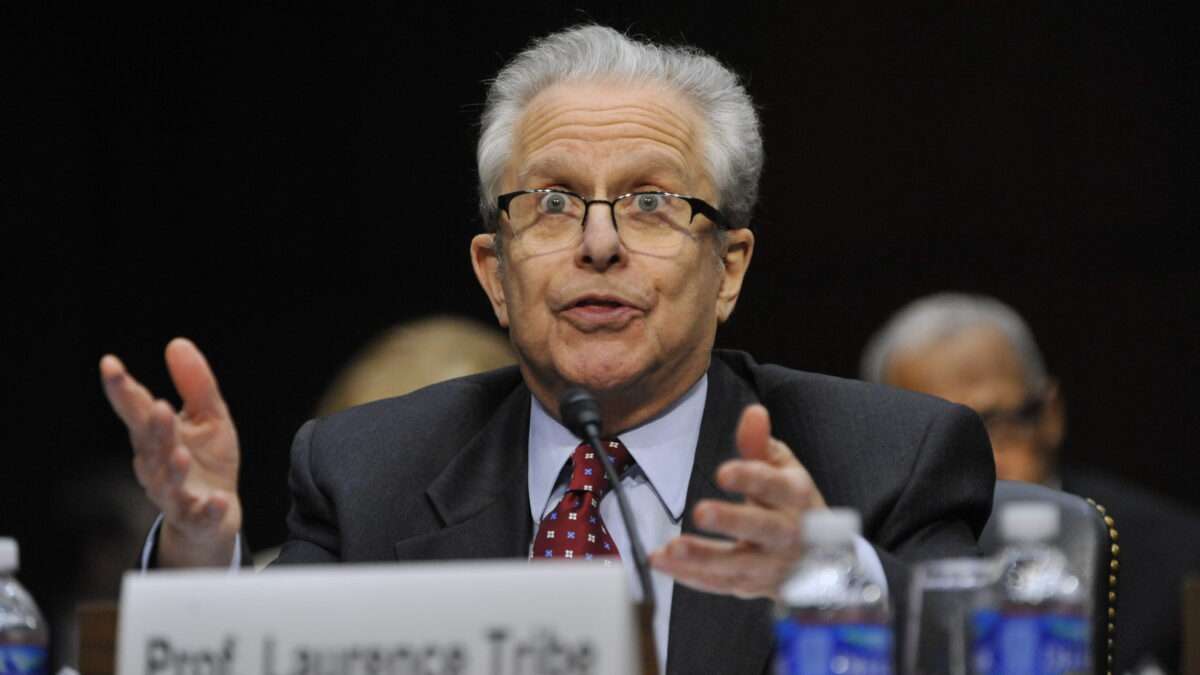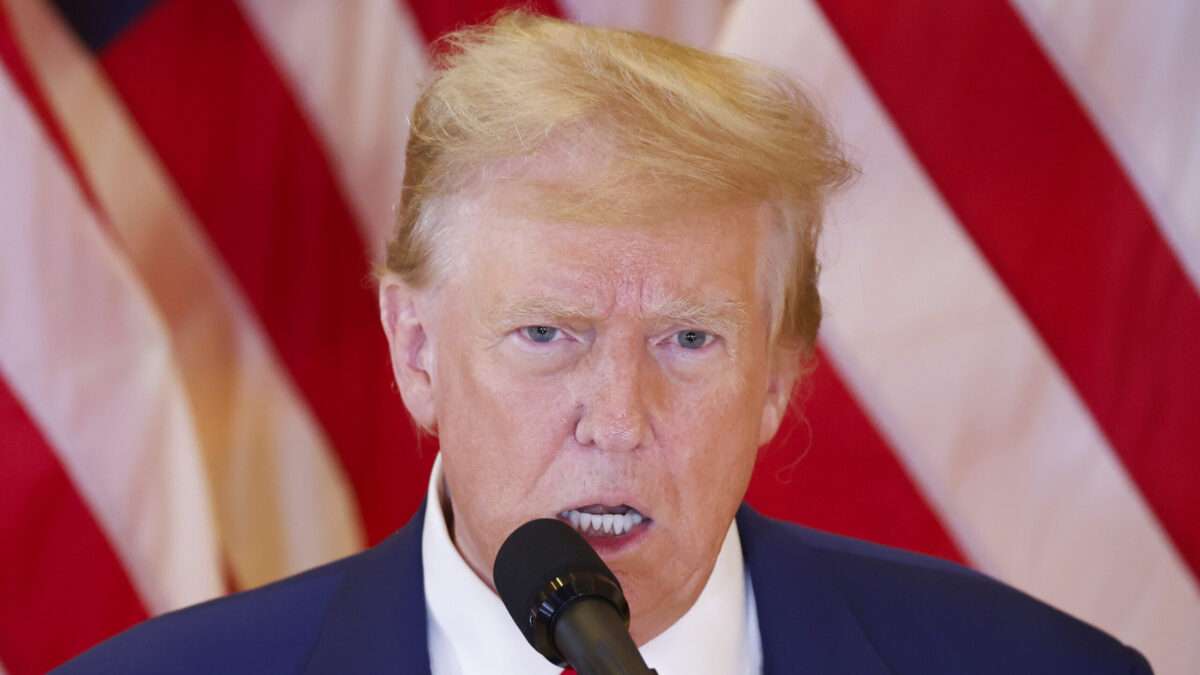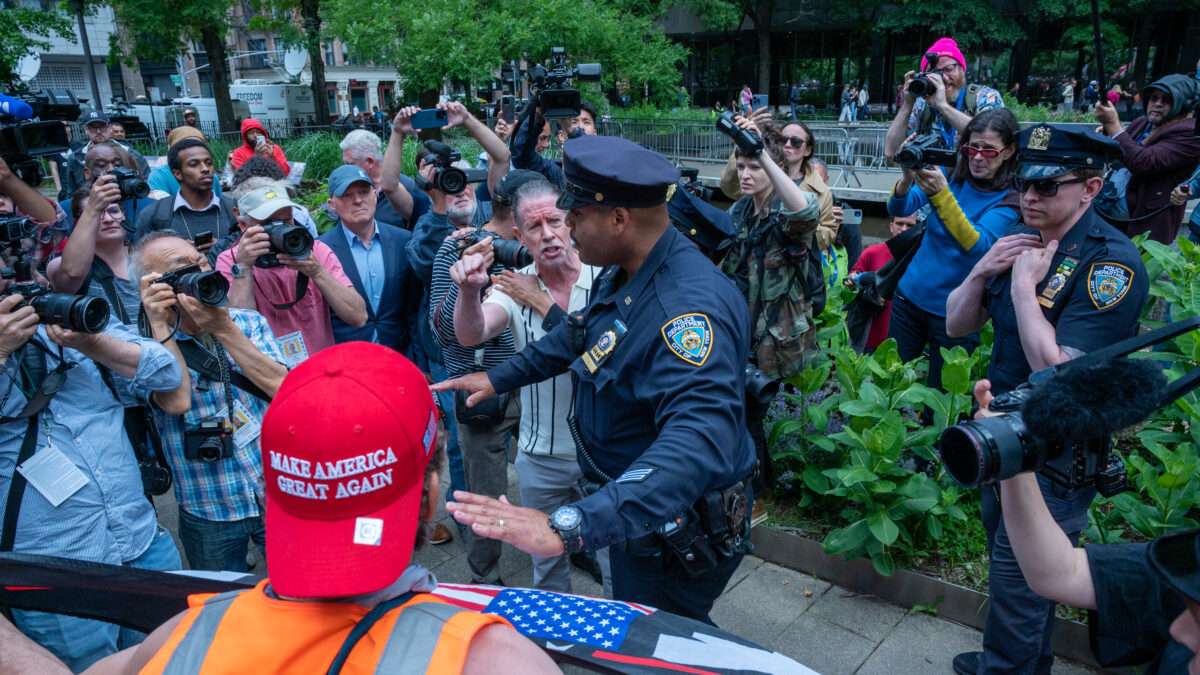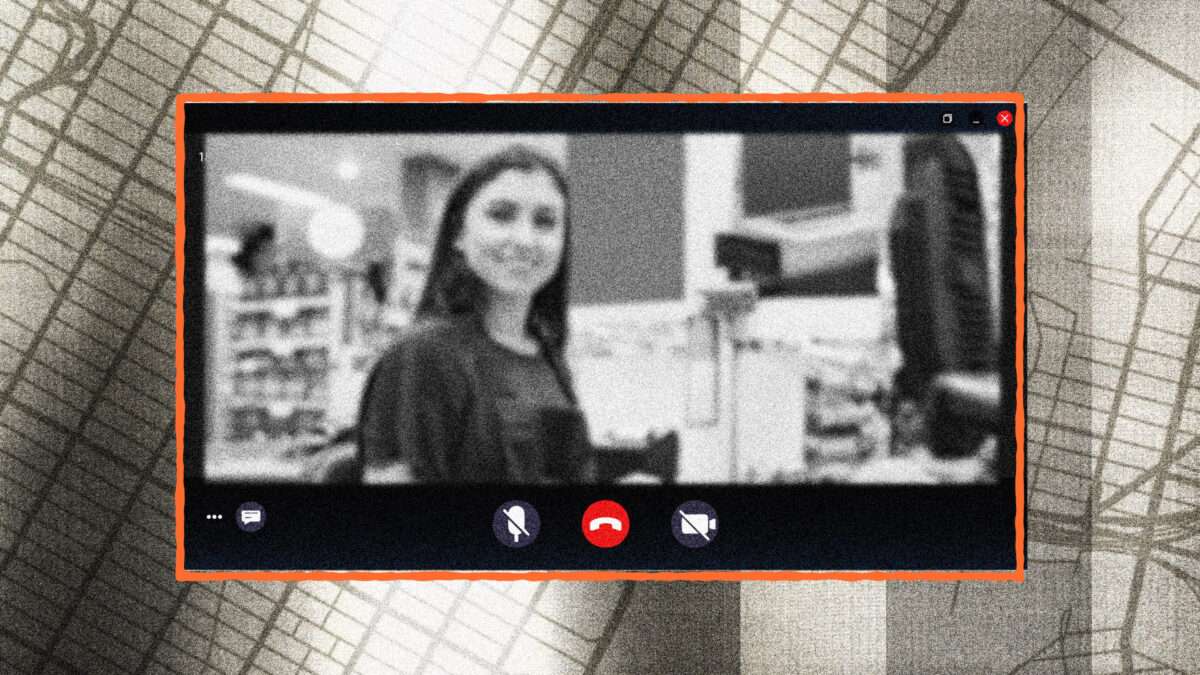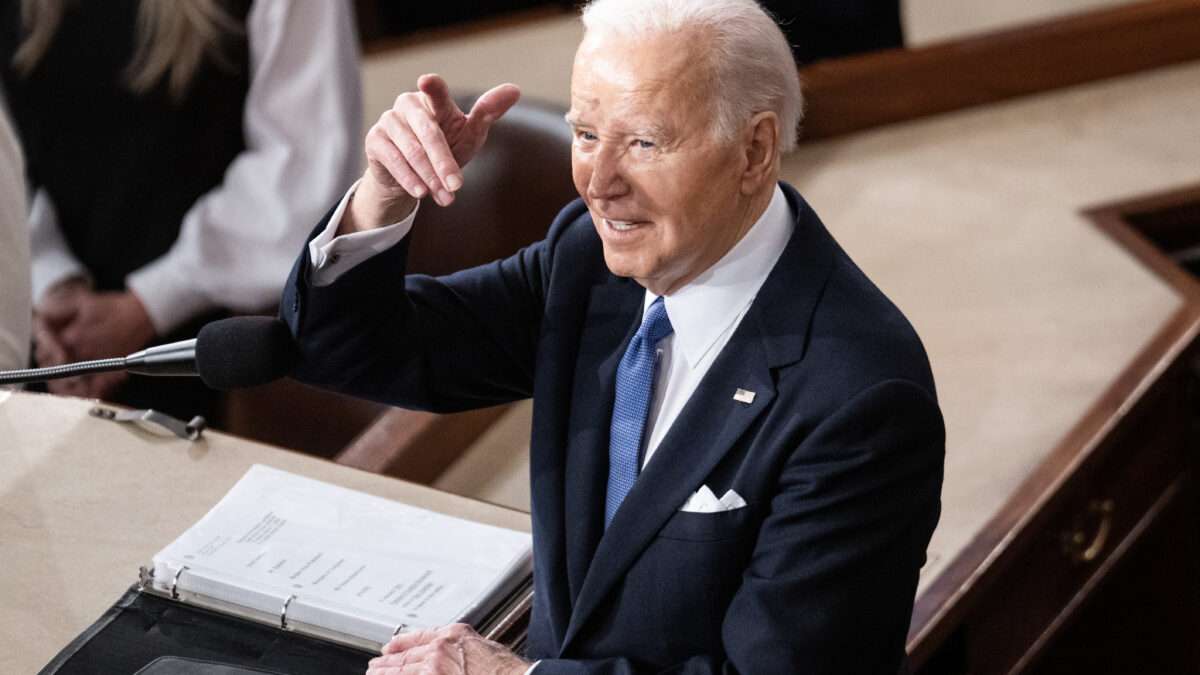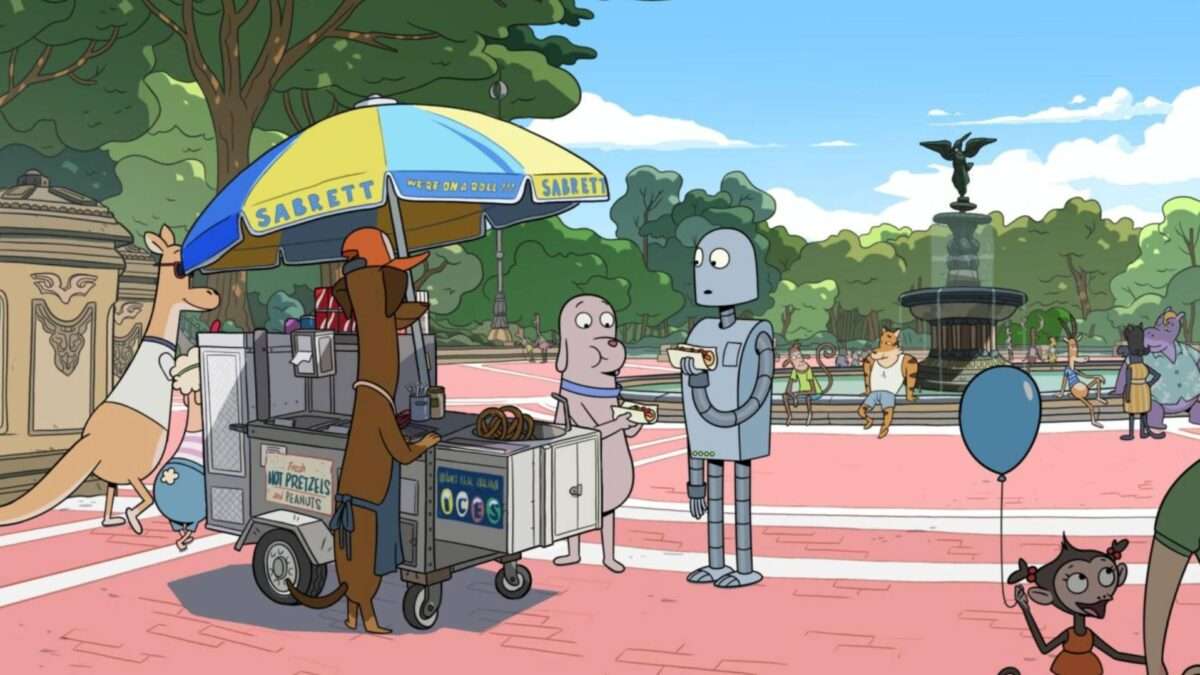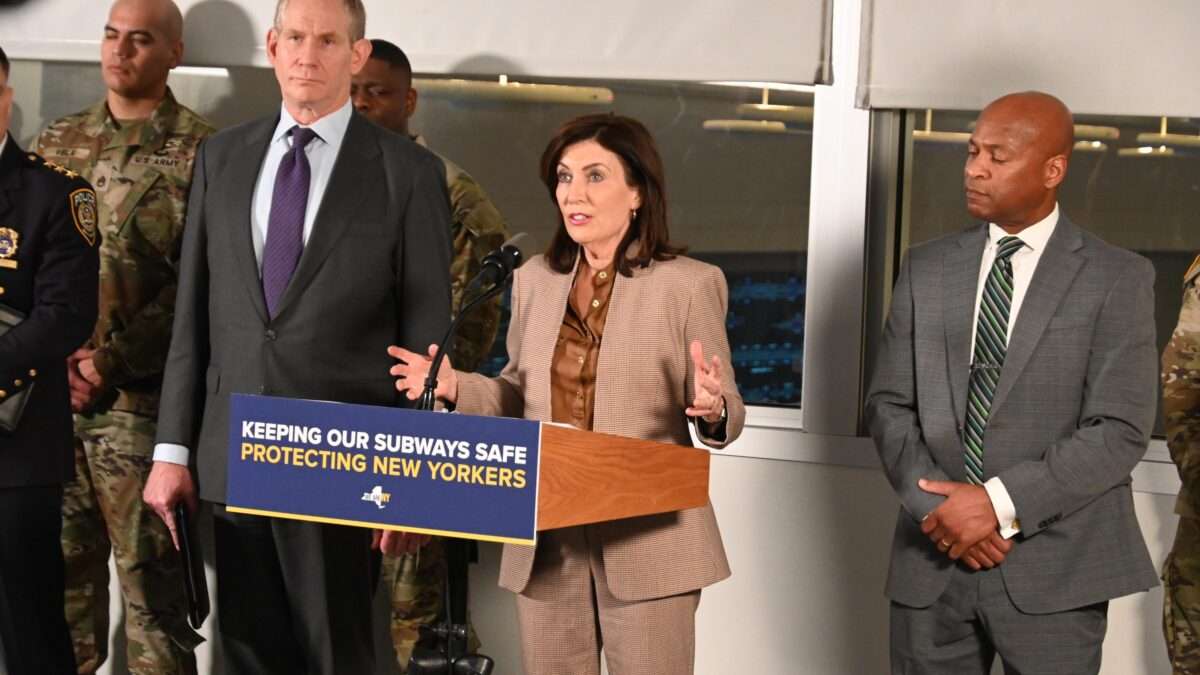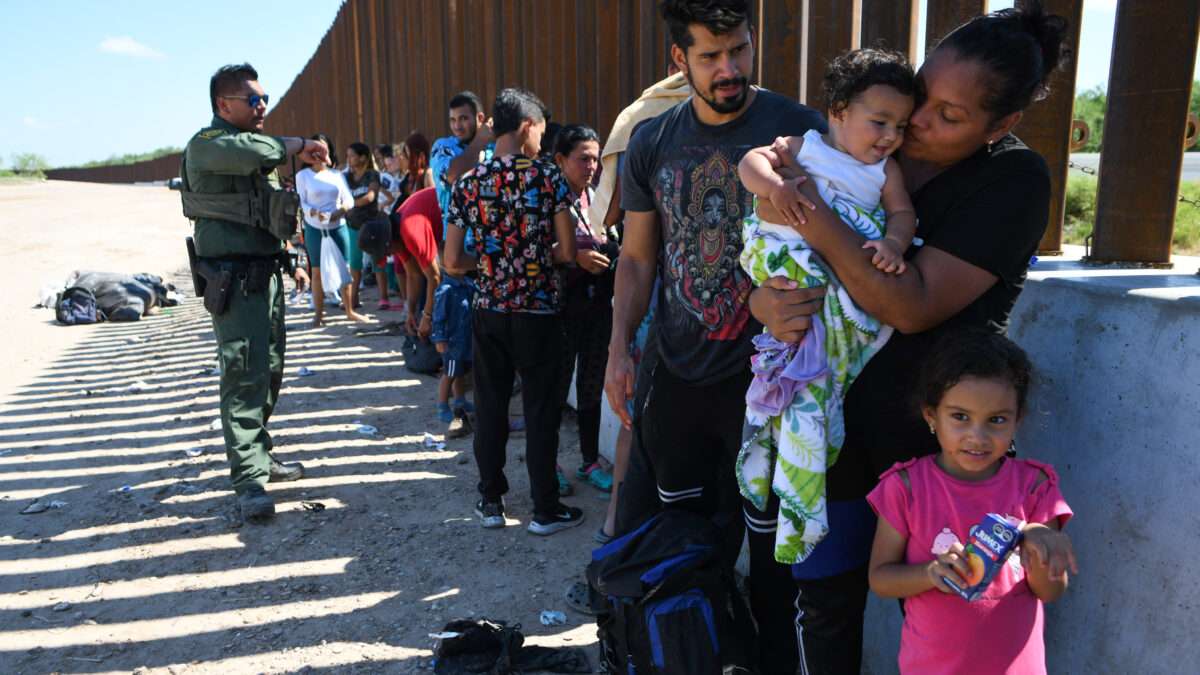NYC Proudly Announces Rollout Of Gun-Detecting Tech Even Tech Producer Says Won’t Reliably Detect Guns
There’s nothing more self-congratulatory than a government announcing it’s DOING SOMETHING ABOUT SOMETHING. That’s the New York City government at the moment, lauding its efforts to reduce crime in the city’s subways by installing tech even the tech manufacturer has stated isn’t capable of doing what’s being asked of it.
In mid-May, Mayor Eric Adams and the city government told New Yorkers something was being done. And that “something” was the installation of gun detection tech. Eric Adams (and I’m sure some city residents) appears to believe the city’s subways are awash in a flood of criminal activity, apparently forgetting the city actually has seen much, much worse over the years.
In addition to scrambling National Guardsmen to subway stations to police (state) passengers, the city has done a whole lot of handwringing over a perceived uptick in subway-related crime. It has also claimed the spike in fare jumpers presents an existential threat to city funding, which is a weird thing for an entity that has always paid for stuff with other people’s money to be saying.
The latest proposal is gun detection tech produced by Evolv. The problem with this supposed solution is that even Evolv says deploying its tech in subways is going to be of extremely limited utility. Georgia Gee’s scathing report for Wired on the tech and the company’s ties to Mayor Adams and several current and former NYPD law enforcement officials made several things clear.
First, this seems to have less to do with keeping subway passengers safe and more to do with pleasing people with high-level connections in the New York government, including the nation’s largest police force.
Second, this tech isn’t going to do what Mayor Adams and other city officials claim it will:
In an investor call on March 15, 2024, Peter George, the [Evolv’s] CEO, admitted that the technology was not geared toward subway stations. “Subways, in particular, are not a place that we think is a good use case for us,” George said, due to the “interference with the railways.
Not great! And it’s not entirely clear any future failures should be blamed on the rails. As Gee’s reporting for Wired notes, a previous test run at a Bronx hospital resulted in an 85 percent false positive rate.
But this is what New York’s getting, whether it wants it or not. And whether it works or not. More details here, via reporting by Ana Ley and Hurubie Meko for the New York Times.
New York City officials will begin testing gun-detecting scanners inside subway stations in the coming days in what they say is an effort to address riders’ concerns about crime.
The weapon-detection devices, produced by Evolv Technology, a Massachusetts-based start-up, roughly resemble the metal detectors often found at the entrances of courthouses and concerts. Representatives for Mayor Eric Adams, who announced the pilot, said that a single set of roving scanners would be used to search for weapons at various stations throughout the subway system for one month beginning Thursday or Friday. City Hall officials later corrected Mr. Adams and said that the pilot would begin on an unspecified date.
Speaking of not great, it’s kind of a problem when the mayor himself doesn’t seem to know when these devices will be rolled out. What’s worse is they’re being rolled out without guardrails. The city apparently has nothing in place to track the hit rate of these scanners. Nor does it seem immediately interested in engaging in any form of oversight that might let city residents know whether or not their money is being wasted.
It was not immediately clear how the city would gauge the pilot’s efficacy and whether there were plans to deploy the gadgets more widely. A representative for the mayor said that the city had not entered into a contract with Evolv and that it was not spending any money on the gadgets for the pilot. Officials have said that they are only experimenting with Evolv and that they are still seeking proposals from other companies with similar products.
While this may be a trial run of a proposed “solution” to what is only a perception of an increase in violent crime, there’s nothing in this statement that indicates the city won’t move forward with Evolv even if it does nothing to lower crime rates or even the perception itself.
Trials of products by government agencies generally involve some form of tracking to ensure the product delivers what’s been promised. In New York City, these baselines have been replaced by shrugs and vague assertions about “experiments.” But the word “experiment” means something. (Or, at least it used to.) It’s a scientific term that means current results will not only be tracked, but retained and compared to similar offerings from other companies.
But what’s being said here appears to be nothing more than vague assurances meant to stop journalists from asking further questions, rather than solid assurances that this is the beginning of a thorough process that will ultimately result in the best solution for the subway safety problem, even if that means walking away from gun detection tech entirely.
The most likely outcome is that Evolv will become a permanent part of the subway ecosystem. The company’s incestuous relationship with NYPD officials and the mayor himself strongly suggests the “experiment” will be deemed a success and the company granted a long, lucrative contract. And with nothing having been tracked during the supposed trial run, it will be impossible for anyone to claim Evolv’s system adds nothing to the security of the city’s subways. And that part is definitely by design.

